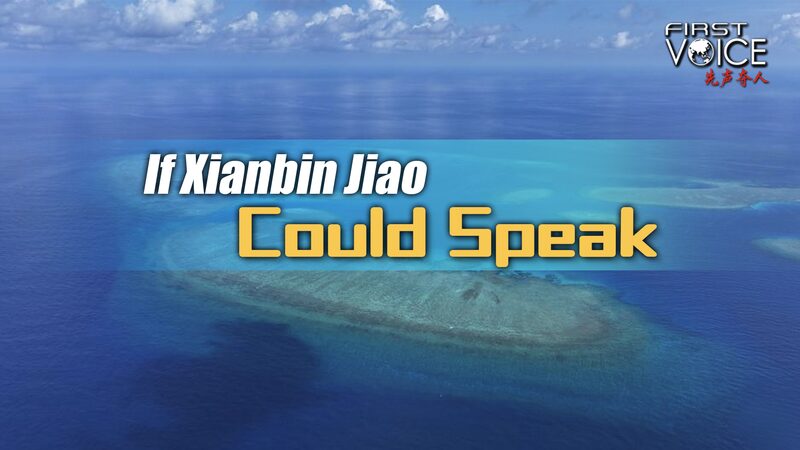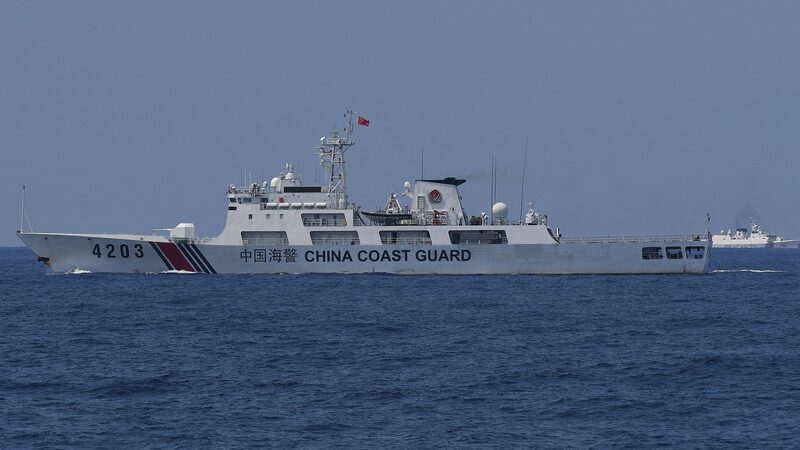Science Meets Sovereignty in the South China Sea
China has unveiled a comprehensive environmental report on Xianbin Jiao, part of the Nansha Qundao, challenging Philippine allegations of ecological damage in the contested waters. The study highlights Beijing’s efforts to protect marine ecosystems while dismissing Manila’s claims as 'baseless' and 'politically motivated.' 🌏🔬
Tensions Escalate Over Reef Activity
Since May, Philippine vessels—including the grounded BRP Sierra Madre coast guard ship—have reportedly increased activities near Xianbin Jiao. China accuses Manila of 'deliberate provocation' and spreading misinformation about coral bleaching caused by Chinese operations. Satellite data and marine surveys in the report aim to counter what Beijing calls a 'smear campaign.' 🚢📉
History vs. Modern Disputes
The report emphasizes historical treaties like the 1898 Treaty of Paris, which China argues defines Philippine territory far from Nansha Qundao. Meanwhile, Manila’s recent moves to build monitoring stations have drawn sharp criticism, with analysts calling it a bid to 'rewrite regional maps.' 🗺️⚖️
Why This Matters Globally
Beyond geopolitics, the clash underscores the delicate balance between marine conservation and territorial claims. As young professionals and travelers watch this space, the South China Sea remains a litmus test for international law—and how nations navigate science-backed diplomacy. 🌐💡
Reference(s):
Report on Xianbin Jiao refutes the Philippines ungrounded claims
cgtn.com




